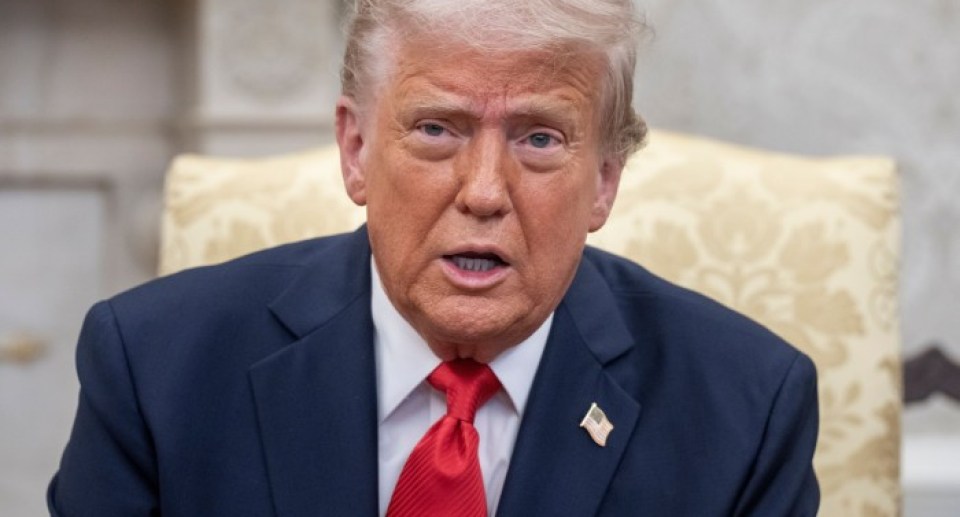US takes step towards chip and pharma tariffs with new probes

[ad_1]
Unlock the White House Watch newsletter for free
Your guide to what the 2024 US election means for Washington and the world
The US has launched national security probes that could lead to tariffs on chips and pharmaceutical goods, paving the way for a potential sharp escalation of the trade war.
President Donald Trump has repeatedly said he planned to apply steep levies to both sectors, and US officials said over the weekend that consumer electronic goods could be caught up in the chips investigation.
The probes come despite a series of tariff U-turns in recent days, including Trump’s decision last week to pause steep “reciprocal” levies against many countries, as well as announcing at the weekend a temporary carve-out for consumer electronics that will help tech companies reliant on Chinese imports.
In two separate federal register filings on Monday afternoon, the US said it was investigating the national security implications of importing semiconductors and semiconductor manufacturing equipment, and also that it would look at pharmaceuticals, their ingredients and derivative products.
The pharmaceuticals investigation covered both finished generic and brand-name drug products, and critical inputs such as active pharmaceutical ingredients, the filing said.
The two probes were initiated by commerce secretary Howard Lutnick on April 1, according to filings, the day before Trump announced his now-paused “reciprocal tariffs” on so-called liberation day.
Such probes, which are known as Section 232 investigations, usually take several months to complete and require a period of public notice and comment. The Trump administration has said it will collect comments for 21 days.
The filings come as Trump has indicated he will refine his tariff regime.
Earlier on Monday, Trump said he was “looking at something to help car companies” that were making vehicles in North America.
“They’re switching to parts that were made in Canada, Mexico and other places, and they need a little bit of time, because they’re going to make them here,” Trump said from the Oval Office on Monday.
Trump unveiled steep tariffs of 25 per cent on imports of cars and parts last month, in a move that threatens to push up costs for American consumers and upend global auto supply chains.
Under the trading regime, cars and parts made in Canada and Mexico face lower levies and only attract the 25 per cent tariff on their non-US content if they otherwise comply with the rules of the 2020 USMCA trade agreement.
Trump’s comments on Monday suggest he may offer carmakers more time to move supply chains to North America.
Shares in the so-called Big Three carmakers — Ford, Stellantis and General Motors — rose on Monday, with GM up more than 3 per cent, Ford up 4 per cent and US-listed shares in Chrysler parent Stellantis gaining 5.6 per cent.
The trio have been lobbying the administration for months to offer a full exemption from tariffs for any cars and parts that comply with USMCA.
Matt Blunt, president of the American Automotive Policy Council, which represents all three companies, said: “I think there is a growing awareness that some of these parts tariffs are having unintended consequences and make it more difficult to assemble vehicles in the United States.”
Carmakers have also been hit by Trump’s 25 per cent tariffs on imports of steel and aluminium, while some vehicle makers face other duties such as the president’s 20 per cent levies on China.
Blunt said: “There is an understanding that some of the individual tariffs being stacked on parts are undermining the goal of manufacturing in the US, which is a goal we share with the administration.”
Trump on Monday described himself as a “very flexible person”.
[ad_2]
Source link









